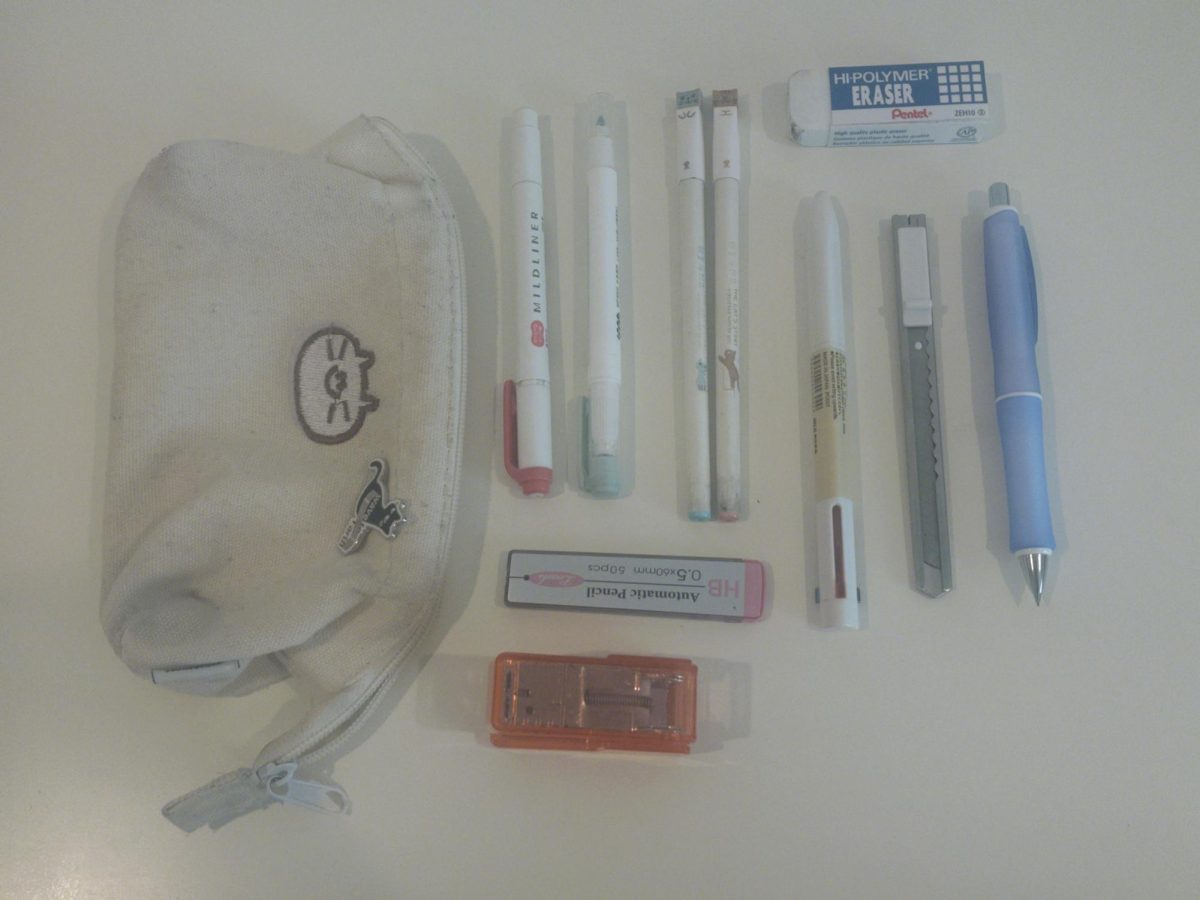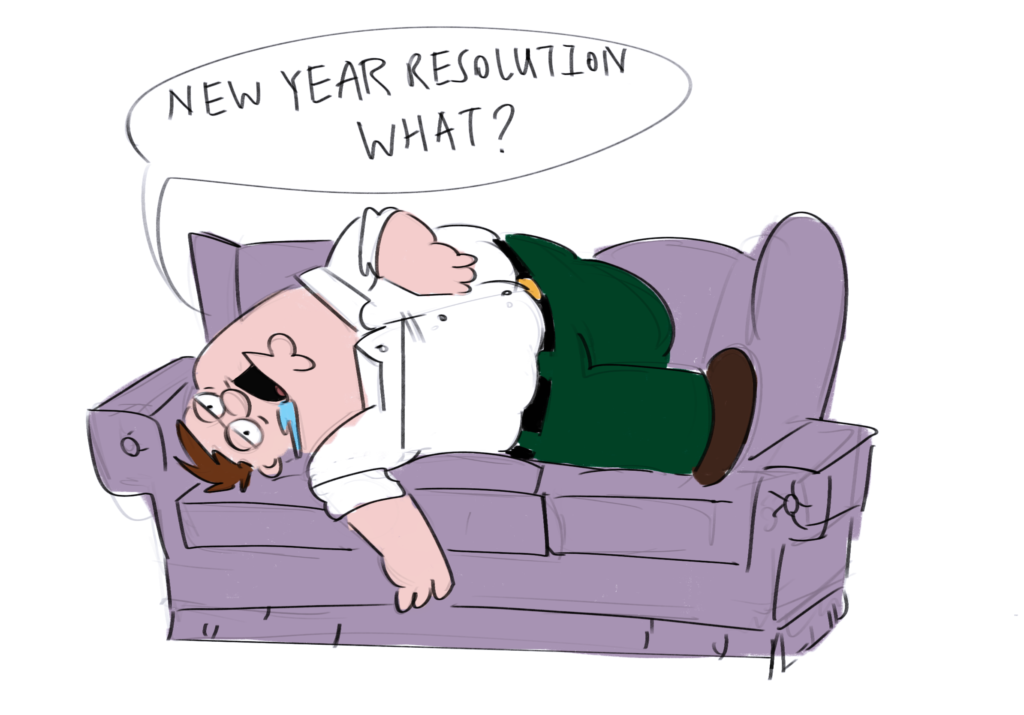The classic New Year’s resolution seems to always end in a catastrophic failure. Signing up for a gym? For many, it means spending whole entire afternoons sprawled on the couch a few weeks into the new year. Getting more sleep? More like staying up until 2 a.m. scrolling on your phone. Stop procrastinating on schoolwork? Keep dreaming — that’s never going to happen.
Indeed, studies show only 9% of Americans actually complete their New Year’s resolutions, with 23% quitting after the first week. Despite the hundreds of “Here are five ways to keep your New Year’s Resolutions” articles online, it seems relatively few of us are being helped by them.
This suggests we should reject them altogether. Instead, the best method for improvements that stick lies on small, step-by-step goals followed consistently throughout the year.
First, setting ambitious goals that result in a massive injection of stress is setting yourself up for failure. Sudden behavioral changes can lead to unhealthy increases in cortisol levels that generate stress and harm mental health. Even worse, the inevitable failure just rubs salt on the wound, reminding you of your shameful incompetence.
Let’s take the classic example of losing weight. Imagine spending the entire first week of the year lifting weights and shoving down salads three times a day, determined to reach your ambitious goal. Your body, all the while unfamiliar to the sudden change, reacts accordingly — you become grumpy, irritable and stressed.
The higher you go, the harder you fall — so when you crash and burn on week two, it feels terrible. Sitting on the couch wolfing down your fifth bag of potato chips, you think, “There’s always next year.”
The moral of the story is to not let perfection be the enemy of progress. The best way to lose weight, for instance, is not to burn yourself out in January, but rather to start gradually, slowly transitioning into what you want yourself to achieve. Maybe start by eating healthy one day a week, or exercising every 3 days, and then slowly make your way up. It may take months, and there may be pauses in your plan, but it’s still way better than a burst and sputter of resolve every year.
So if your New Year’s Resolution didn’t work out, just remember — progress doesn’t have to start on January 1. You can start right now and make your goals worthwhile and achievable.


























